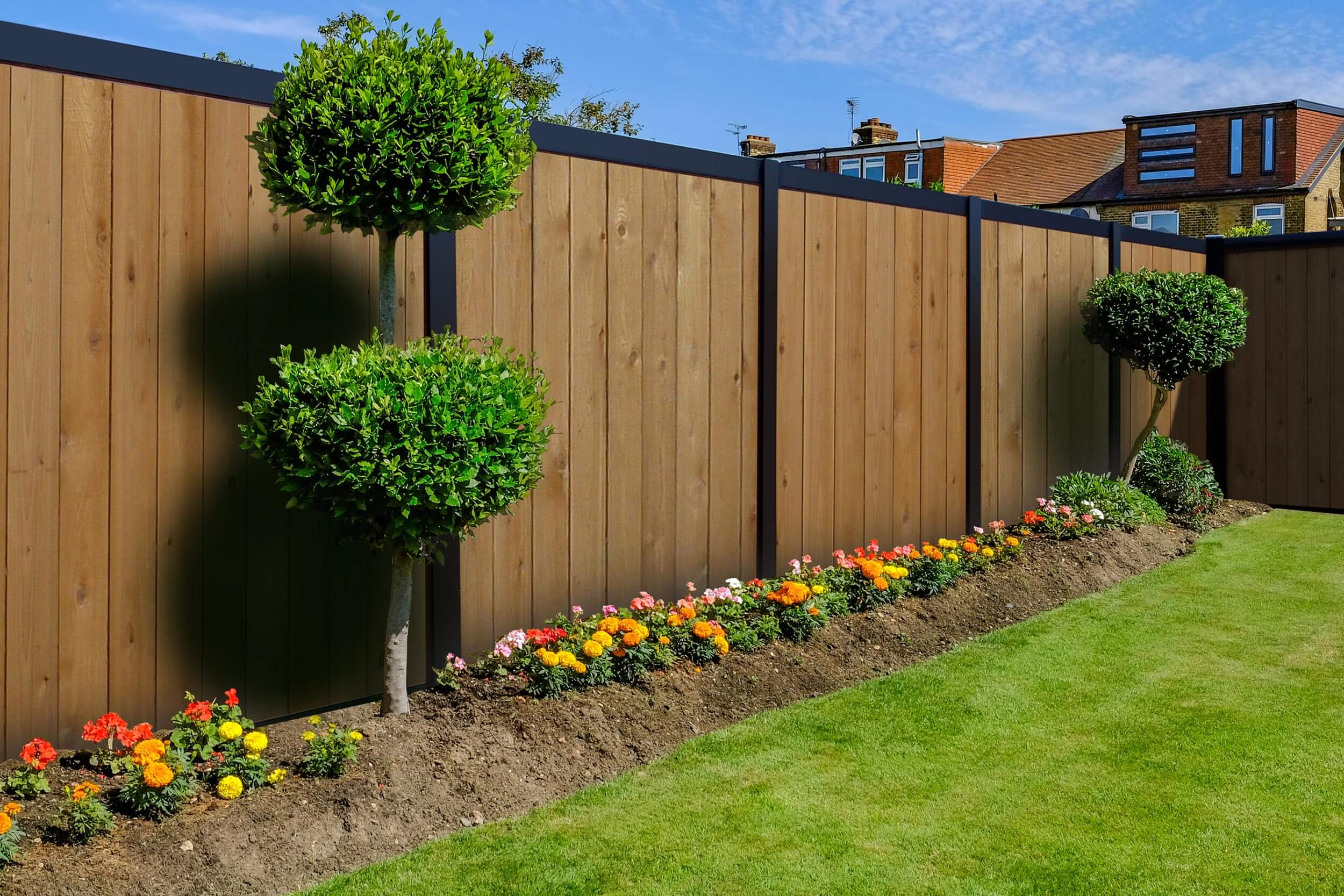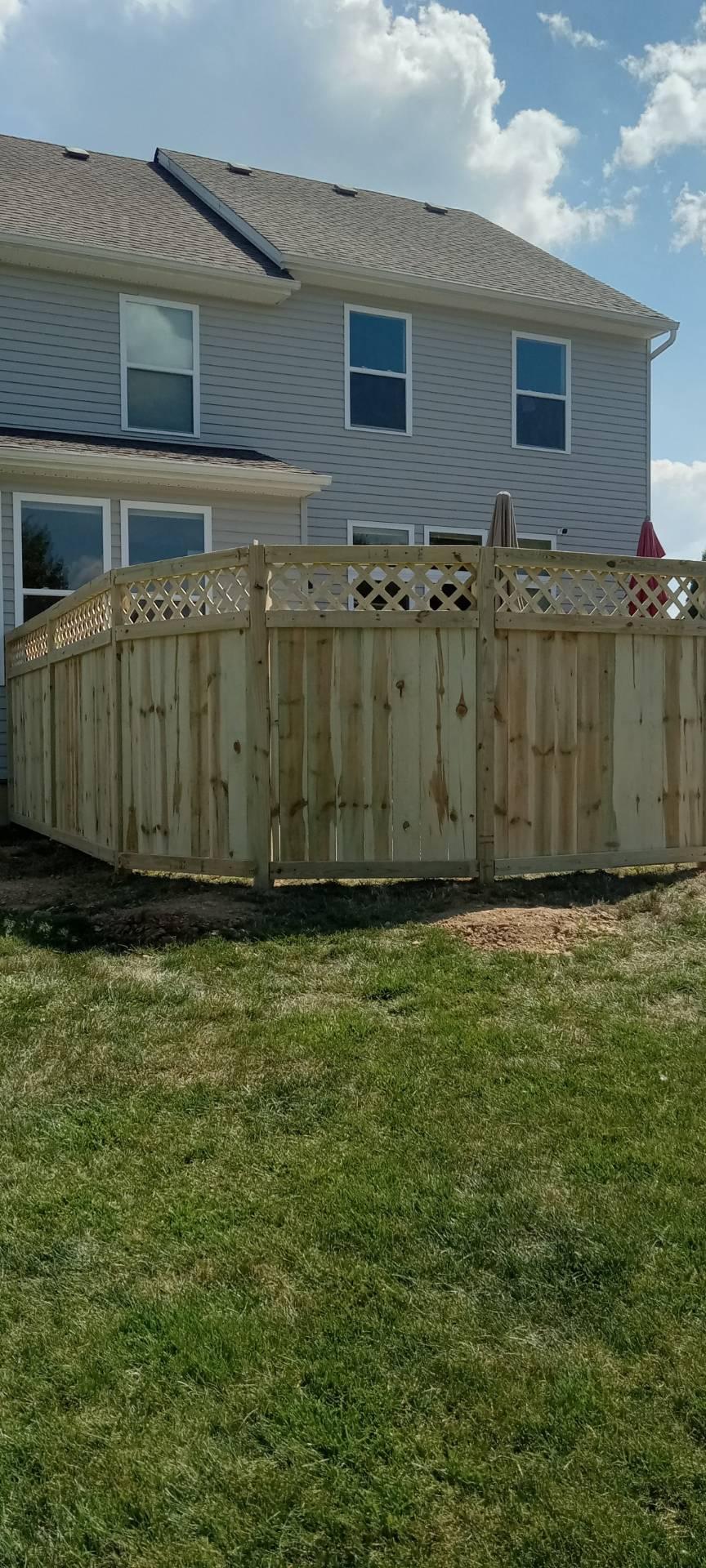Installing a new fence is one of the most practical and rewarding home upgrades you can make. It improves curb appeal, increases privacy, enhances security, and can even boost property value. But before choosing materials, colors, or layouts, most homeowners have the same questions: What kind of fence is best? How do installation timelines work? Do costs vary by neighborhood? And what makes one fencing company stand out from another?
This Q&A-style guide answers the most common questions property owners in the Dayton area ask when planning their next fencing project. Whether you’re a first-time homeowner or replacing an old fence, these insights will help you make confident, informed decisions.
To explore services, styles, and project details, visit Ashlee Fence.
What Are the Most Popular Fence Styles for Modern Homes?
The answer depends on your goals—but some styles consistently stand out for their practicality and appearance.
Wood Fencing
Wood remains a timeless choice, often selected for its natural appearance and excellent privacy. Cedar and treated pine are among the most popular materials because they handle weather well and can be customized through staining or painting.
Vinyl Fencing
Vinyl fencing is especially popular for homeowners who want color consistency and low maintenance. It resists fading, warping, and rot. It’s available in privacy, semi-privacy, and decorative picket styles.
Aluminum Fencing
Aluminum fencing has become a major favorite for homeowners who want the classic look of ornamental iron without the rust or high maintenance. It’s great for pools, front yards, patios, and open-view spaces. It also adds an upscale, modern appearance.
Chain Link Fencing
Long considered a practical option, chain link is still widely used for secure enclosures, dog runs, and backyard boundaries. Today’s coated options provide a cleaner look than older styles.
How Long Does It Take to Install a Fence?
Installation time varies depending on the size of your yard, the type of fence, and whether old fencing needs removal. That said, most residential installations follow a similar timeline:
- 1–2 days for small to medium projects
- 3–5 days for larger yards or fences with custom details
- Extra time may be needed for slope adjustments or specialized gate systems
Before installation begins, there is typically a short pre-project phase that includes:
- Property measurement
- Style selection
- Utility marking
- Material ordering
- Finalizing permits (depending on your city or HOA)
Many homeowners are surprised at how quickly and efficiently a professional team can complete high-quality work once everything is scheduled.
What Maintenance Does a New Fence Actually Require?
Maintenance varies by material:
Wood
Wood fences require the most maintenance, such as sealing, staining, or painting every few years. This helps prevent decay, warping, and discoloration.
Vinyl
Vinyl requires almost no maintenance beyond occasional cleaning with soap and water.
Aluminum
Aluminum fencing rarely needs more than a rinsing to remove dirt or pollen. Its powder-coated finish protects it from rust, fading, and corrosion.
Chain Link
Modern coated chain-link fences require little upkeep. Older galvanized-only versions can eventually show wear, but coatings have significantly improved this over time.
The key takeaway: If you want a long-lasting fence with minimal upkeep, vinyl or aluminum may be the best fit.
What Factors Affect the Cost of a Fence?
Fence pricing depends on several key factors:
- Material choice (wood, aluminum, vinyl, chain link)
- Fence height
- Linear footage
- Gates (single, double-drive, automated)
- Terrain (sloped or uneven yards can increase labor time)
- Removal of old fencing
- Permits and local regulations
The Dayton area includes many different neighborhoods and city zones, each with its own average lot size and layout. Because of this, a professional onsite estimate is the most accurate way to determine cost.
If you want to explore monthly payment options instead of paying all at once, you can review the Fence financing program in Dayton.
What Questions Should Homeowners Ask Before Choosing a Fence Company?
Hiring the right fence company is just as important as selecting the right materials. Ask these questions to ensure you’re working with a reputable, experienced team:
1. Are You Licensed and Insured?
This protects both the property owner and the installer.
2. What Experience Do You Have With My Fence Type?
Different materials require different installation skills.
3. Do You Offer a Warranty?
Product and workmanship warranties show confidence in the service provided.
4. How Do You Handle Sloped Properties?
Quality installation on uneven ground requires careful planning and technique.
5. What Is the Project Timeline?
A clearly defined schedule helps you plan ahead.
6. Can I See Examples of Your Work?
Past projects are one of the best ways to evaluate craftsmanship.
7. Do You Handle Permits and HOA Requirements?
Not all homeowners want to deal with paperwork—and a professional company often simplifies the process.

How Do I Know If It’s Time to Replace My Old Fence?
There are clear signs that your fence may need more than a simple repair:
- Rotting boards or posts
- Sagging or leaning sections
- Rust or corrosion (for metal fences)
- Broken pickets or rails
- Gaps that compromise privacy or security
- Frequent repairs that no longer hold up
Older fences were often built with materials or methods that have since improved significantly. Modern aluminum, vinyl, and treated wood fencing offer better durability, better coatings, and upgraded hardware than what many older fences were built with.
Can a New Fence Increase Property Value?
Yes—especially when installed professionally and built with high-quality materials. Fences can increase property value by:
- Improving curb appeal
- Enhancing backyard usability
- Adding security and privacy
- Making the home more attractive to families and pet owners
- Clearly defining lot boundaries
A fence is one of the few outdoor upgrades that adds both functional and aesthetic value to a home.
What’s the Best Way to Get Started With a Fence Project?
Most homeowners begin with an estimate. A professional will take measurements, ask about your goals, discuss style options, and answer any project-specific questions.
From there, the steps look like this:
- Choose style and material
- Review project details
- Approve layout
- Schedule installation
- Enjoy the finished fence
An expert team simplifies the process so you can focus on design choices—rather than worrying about technical details.
Final Thoughts
A new fence is one of the most effective ways to improve your home’s beauty, privacy, and functionality. Whether you’re updating outdated fencing, upgrading curb appeal, or creating a secure space for pets and children, the right materials and installation team make all the difference.





























